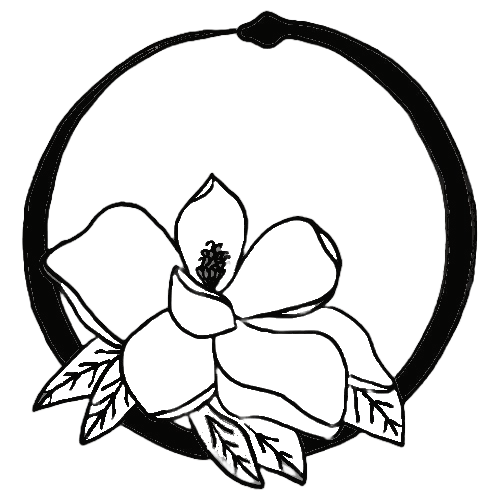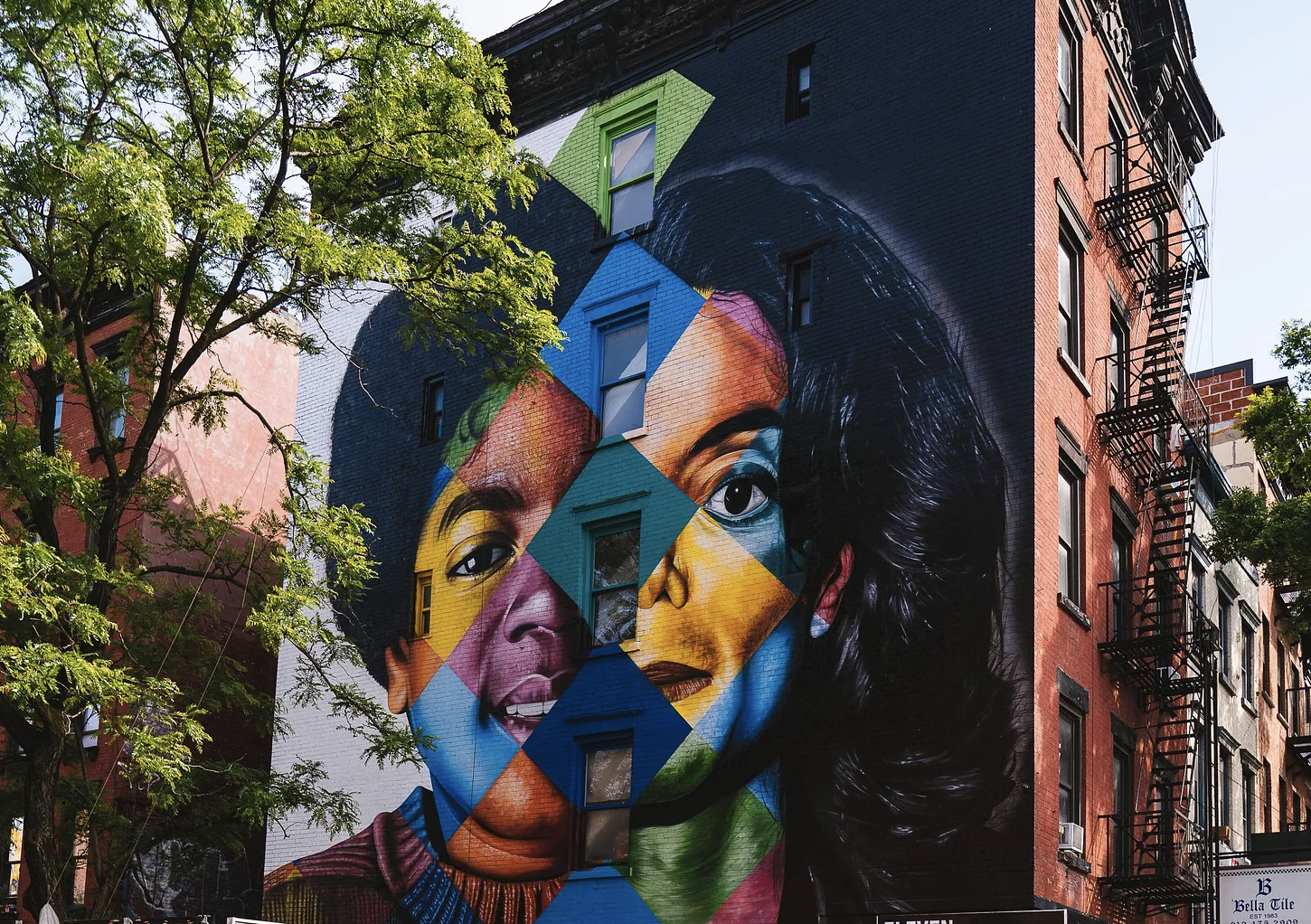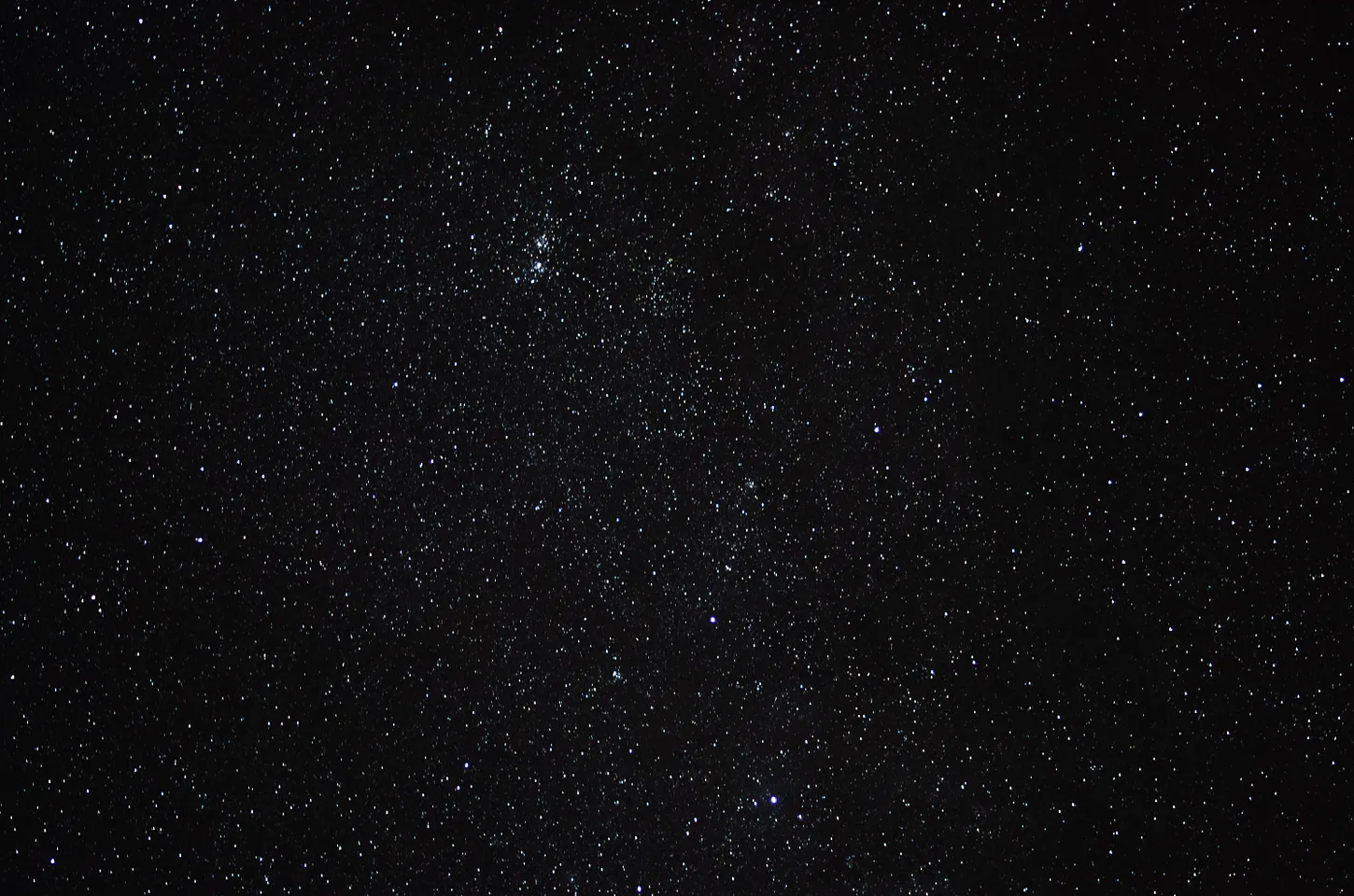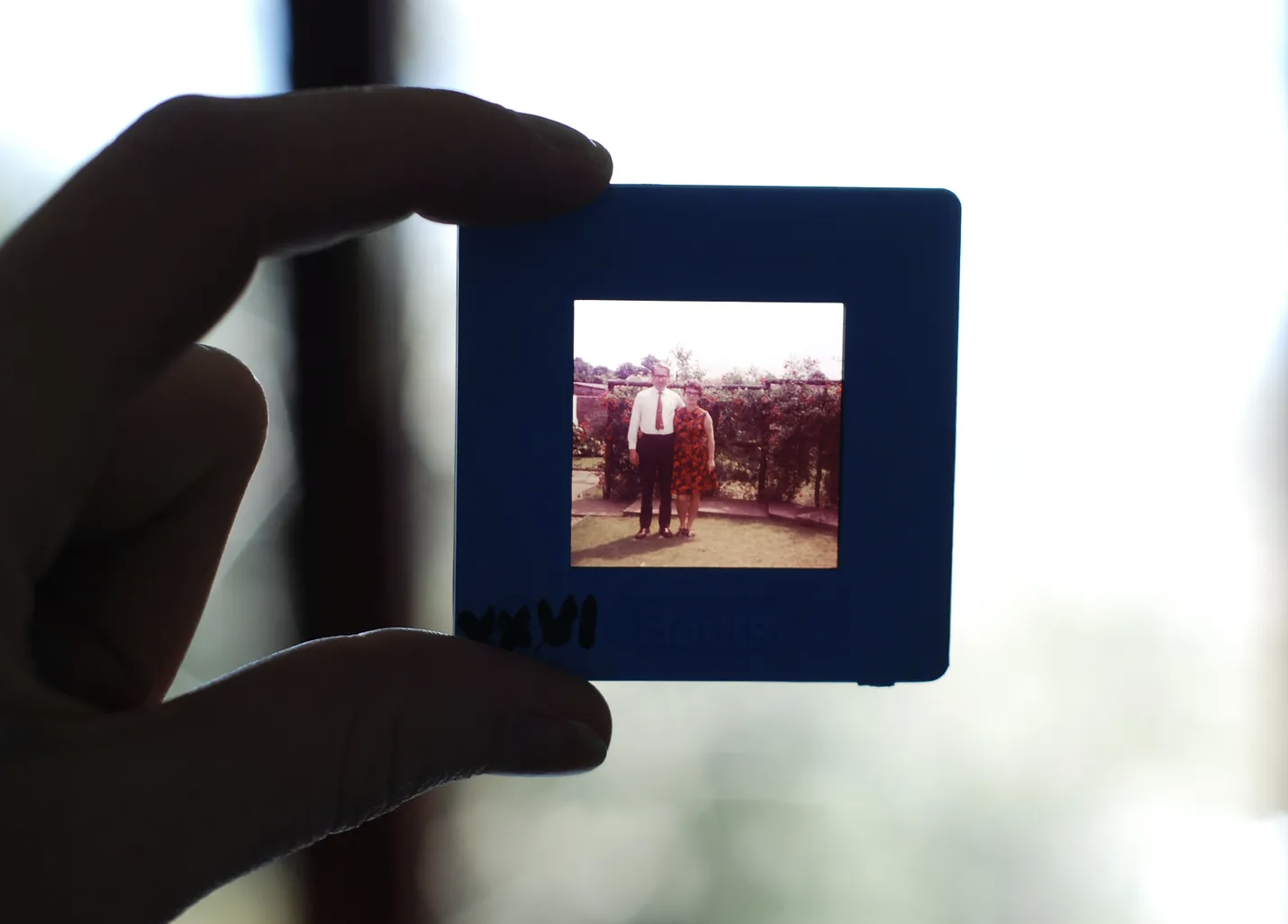Getting to Know the Darkness… or is it the Light?
People love to ask “how did you decide to become a death doula?” It’s common for folks to bear witness to the difficult deaths of their loved ones and feel called to this work after those experiences. That was not it, for me. It wasn’t anything other than intuition, really. I asked myself “what does the collective need from me?” and death doula was the answer I received. That said, of course I’ve had my own journey with death over time.
I remember the first time I really thought about death. I was 6 years old. My family had just moved into a new building, where I’d had a pool party for my birthday & gleefully eaten cake in the hot tub with my friends. The year before, I’d gone to Michael Jackson’s Neverland Ranch with my kindergarten bestie, an African American kiddo who was considered a “boy,” but who, in the most earnest, nonthreatening and mischievous way, preferred to use the girls’ bathroom with me. At Neverland I mostly remember becoming transfixed with a little corn snake they passed around on the trolley. I don’t think we met Michael Jackson on that excursion, but I knew him as a celebrity for adults and now as a sort of Disney-meets-Santa type of icon. One night, as I lay in the top of the bunk bed I shared with my brother, it dawned on me that someday Michael Jackson would die. This epic human, who seemed larger than life, would cease to exist. I was deeply unsettled, grasping into the ether for comfort, but left in the silent darkness of the unknown. The fact of his future nonexistence, at least insofar as I knew existence to mean what we call life, was terrifying and devastating to me. I cried myself to sleep.
Synchronistically, 15 years later I would be working at a UCLA parking kiosk when he died less than a mile away at the hospital. We were fielding questions and lookie-loos at the information booth, so I was keenly aware it was happening as he transitioned from this life into only-god-knows-where. In the heightened state of presence that accompanies moments like that, the full circle nature of the experience would not become clear for me until later on.
Though I don’t remember thinking of death much in childhood after that, by the time I had reached puberty and become an angsty and “disturbed” young person, I was fascinated by it. I would clip obituaries from the newspaper, marveling at whole lives lived, completely separate and unknown to me yet strangely familiar. There was an inexplicable sense of intimacy, knowing that despite the innumerable differences that were sure to have existed, these now-dead people had lived lives that were in many ways just like my own: they longed to love and be loved, to behold beauty and wonder. They appreciated a good meal or the sumptuous feeling of the bed when you first relax your tired muscles at night. Though I could never be exactly sure what we had in common, we shared humanity and my heart held them in sacred remembrance.
But as eerily romantic or mystical as this may it seems (or maybe just strange and that’s okay, too) a reflection on my relationship with death would be incomplete without an acknowledge of my sort of suicide attempt, for lack of a better word. I was 14, in my obit-clipping era, and despite my capacity for empathy with others, I was struggling tremendously to feel cared for, like I mattered. To offer myself the same loving attention that I gave to the faceless souls whose lives I would imagine and honor. I was hopeless about the state of the world and drowning in my own complex trauma. I had been acting out in ways that had my teachers sending me to the school psychologist, but all they would do was ask me a few questions, tick a few boxes and send me on my way. It was due-diligence, not care. Finally, I decided that maybe a trip to the other side would relieve me of the unbearable pain I carried with me each day. It wasn’t long after I popped a handful of opiates and smoked a bowl that I realized I had made a big mistake. I wasn’t ready. Fearing for my life, which apparently I loved despite not knowing quite why, I asked my dad to drive me to the hospital. That night I slept with a guard at the foot of my bed to protect me from myself. The following 3 nights I slept in the county psych ward where they don’t allow pillows lest they get used for asphyxiation… I convinced them to give me an extra blanket to fold up at least. In the ambulance from the hospital to the psych ward, a well-meaning paramedic aware of the circumstances leading to my transport said, “I hope I never see you again.” It was all very weird and anticlimactic. There was no outpouring of attention, no “I’m worried sick about you!” or “what do you need?,” and least of all no doting. When I got home, my divorced parents were having such a screaming match in the hallway of the building that the cops showed up. I watched from the window as they used my anguish as a weapon to assign blame to each other. Still, that week was a profound initiation. Though nothing much was different on the outside, I knew I had chosen life.
Two months later, my beloved uncle Patrick did, in fact, end his own life. He was 21, a recent bootcamp graduate and a new father. I was shocked and beyond heartbroken, but I didn’t hold it against him. I wondered if he had chosen a method more easily reversible, like I had, if he might have changed his mind, like I had. But it was futile. He was gone. After his funeral I walked out of the family gathering where folks were getting drunk and recounting their favorite Patrick stories. I stared beseechingly into the dark and glimmering night sky, wondering where he went.
For many years after that, thoughts and direct encounters with death receded from my experience. I learned that people didn’t like talking about it, didn’t like dealing with it and most of all didn’t like imagining it. In general, the modus operandi in the outer world I inhabited was to avoid engaging with death at all costs, but when it happened to perform the requisite grief rituals (disbelief, crying, condolences) and move on as soon as possible. Two of my grandparents died and a handful of acquaintances, but it was hardly a blip on the radar of my busy life. I was becoming someone, as I had been culturally trained to do, and pausing to grieve was not on the schedule. (Okay, I admit this is a bit of hyperbole—old journal excerpts reveal a young mind grappling with the stark incapacity of grief after losing a friend to heroin, but the general vibe holds true.) As modeled by the adults in my life and now, my peers, I was racing toward some imaginary finish line of “success” where my concerns about self-worth, validation from others, material security and contribution to society would be alleviated. Wracked with anxiety about “what to be,” as if I wasn’t “being” enough as it were, I was running laps around myself, hemorrhaging my energy by striving in often conflicting directions. Then one sunny afternoon in my mid-twenties, as I feverishly scribbled out yet another new life plan, the fact of my own eventual death started to settle into my awareness, seemingly out of nowhere. To my surprise, it was revelatory. Both deeply comforting and vastly freeing. I wrote in my journal:
“I just had the profound realization of how beautiful death is. That despite how hard we struggle to survive, how much we suffer, how much we try, everyone dies in the end. And the fact that we’re so fearful of death shows how precious life is. And how lucky we are to be alive… I’m so happy to live my life, but eventually I’ll be very happy to hang my hat up and die.”
On the heels of this revelation, in my ability to meet my own life with an openness that was utterly new to me, I found myself exploring the material remnants of another person’s life. I had excavated boxes upon boxes from the dumpster behind my apartment after being drawn in by an unassuming lawn chair and discovering hundreds of pristine photos, stamps, and coins—the remnants of the life of Henry Kinsman. From looking at the addresses on the boxes, I speculated that his daughter lived in my building and was overwhelmed with the task of whittling out the gems of her father’s memorabilia, deciding instead to throw out the whole lot of it. I spent some time getting to know this man: an insurance man, stamp collector and avid photographer. Through his lens I saw his idiosyncratic love for his children, his fascination with architecture, his passion for traveling. I kept his photos for some years, wary of the prospect of resigning his memory once again to the dumpster. Despite my burgeoning practice in death contemplation, I was finding it hard to let go. Perhaps I had projected my own fears of being forgotten onto Henry Kinsman, or maybe the eco-freak in me just felt awkward tossing a dozen boxes of stuff into the trash. I dispersed it over time, trusting that Henry’s memory had been honored.
In the decade since this encounter I’ve formalized my death contemplation practice through meditation retreats, Buddhist teachings, group reflection and, finally, a death doula training. I have found no answers, only greater ease within the questions and more trust in our ability to be held in love’s great embrace. I’ve explored the reaches of my own terror and despair and while I have no doubt there’s more to go, I can better understand other people’s experiences around it. It is still very common for me to be met with blank stares or even an outright cringe when I name my interest in openly acknowledging our mortality. But I’ve found that getting real about the ends of things has transformed my capacity to be present, to delight in the delightful, to have the courage to love and the grace to forgive. We never know when the end will come. All we have is now.



